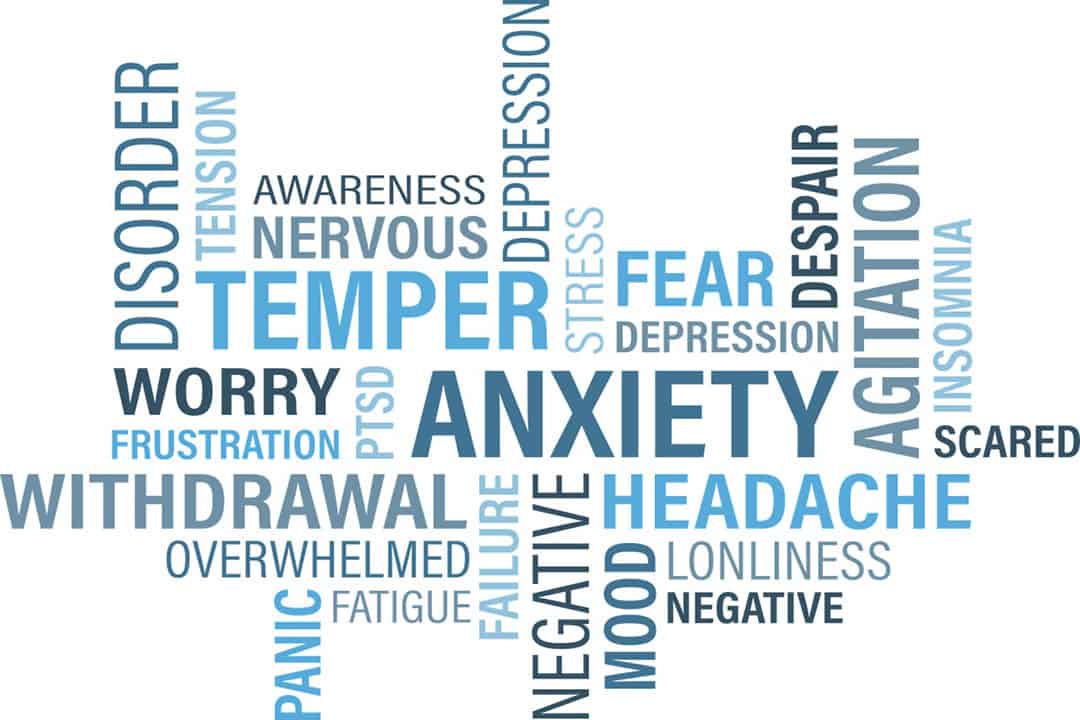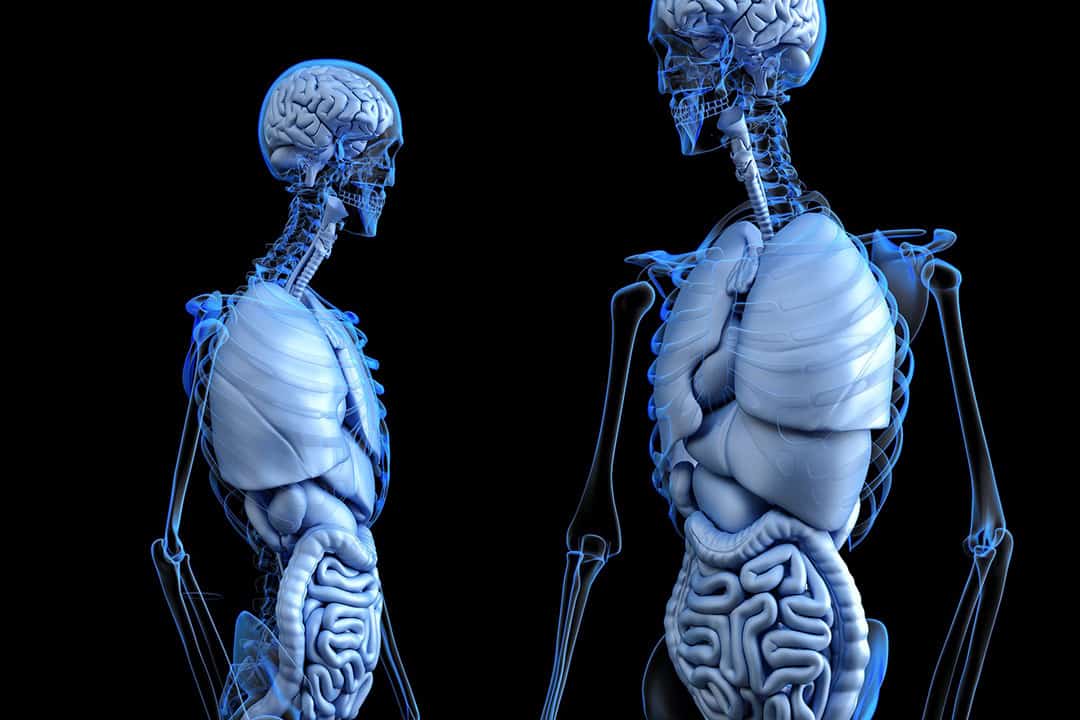Summarising Comorbidity
For the past month we’ve focused on this topic that we probably at first did not know much about. We humans are complex and so are our illnesses. Comorbidity refers to the presence of more than one disorder in the same person, whether physical or mental health related. Comorbid (co-existing) disorders can be linked or unrelated, and can be made up of a mix of physical ailments with mental disorders but very often, one disorder can often be the outcome of the previous disorder. So for example, substance abuse can cause physical ailments, someone with anxiety could also be suffering from depression.
The fact that there is comorbidity means that a specialist would need to consider the treatment carefully as they would need to take both disorders into account, as one treatment may nullify or worsen the other, as well as being aware of certain risks associated with taking multiple medications and dosages that could be dangerous. This is why it is so important to make our health professionals aware of all aspects of our conditions even if you feel they may be unrelated, or are already being treated for it. Medical professionals will need to make sure that the patient has up to date detailed records that are not only available to everyone who treats them, but to the patient themselves.

With mental health disorders we often take for granted the multiple other effects caused and we do not often seek treatment for all of our issues. Experiencing anxiety for instance, and feeling depressed, we may see it as a by product of the anxiety and therefore try to live with it, but it’s essential that we seek support for all issues as they may be treated in different ways and we know that anxiety for instance if left untreated can lead to depression, so dealing with issues as they arise, can help prevent or manage comorbidity in some cases.

So how can we understand and support those with comorbidity?
The crucial thing here is to focus on the individual and not on the conditions themselves. Gaining a holistic overview is essential and could greatly benefit recovery. Care needs to be personalised and we need to take the approach that the patient needs a higher case of sensitivity whilst they struggle with co-existing conditions. We need to understand that having one health problem can leave us reeling, but to be faced with two or more can leave a person feeling as though they have very little control over their lives. Involving the patient in the care and giving them a sense of control is essential, they will understand their unique situation better than anyone else and it would be foolish to ignore this.
Not to mention the time, energy and expense that causes an extra strain on the patient, so making sure they are treated correctly the first time and being efficient is important. Being on a lot of medications, or having so many diagnoses can leave a person feeling confused, so taking care to explain in detail all treatment will be greatly appreciated.

If you know someone with comorbidity, support them by acknowledging their situation and their conditions and not just brushing them off, which we can do in an attempt to take their mind of things but when something is such a huge part of their life, having people not appreciate the significance can be extremely disheartening and possibly more damaging to their health.
We should also remember that looking after one another is a means of goodness and reward insha’Allah (if Allah wills):
”It was narrated from Ibn ‘Umar (may Allah be pleased with him) that the Messenger of Allah (ﷺ) said: “The Muslim is the brother of his fellow Muslim; he does not wrong him or let him down. The one who meets the needs of his brother, Allah will meet his needs. Whoever relieves a Muslim of distress, Allah will relieve him of distress on the Day of Resurrection.”
Bukhari
We need to be more open as a community to mental disorders – which we are starting to do now, but also understand that it takes courage for some people to ask for help or to admit they have an issue in the first place. When there is more than one problem, it becomes even harder so we need to adopt a practice of really wanting to know how people are and of caring. So that, as a community we feel confident that not only will we be received with open mindedness, and expertise, but that we will be cared for in the best possible way and with the utmost respect, not considered as a drain on resources or time.





For these and many similar cases the affected person can feel depressed, and where comorbidity is a complicating factor the severity of depression could indicate a need for clinical intervention. However, who are we, as friends and relatives of the person who is ill, to determine whether clinical intervention would be justified or would be unqualified interference? This question shall not be answered here. For ill believers, there may be solace from knowing that their loved ones are praying for them, even with a psychological benefit, but this does not constitute professional help. What is advocated here is that Mental Health First Aid training be made universally available and free at the point of delivery. There are many ‘ordinary’ First Aid courses freely available, and, ideally, Mental Health First Aid courses should be equally available. There is no substitute for knowledge, and learning leads to making better informed decisions concerning our loved ones.
Salam and thank you for your message I agree on the importance of support and knowledge in these cases.